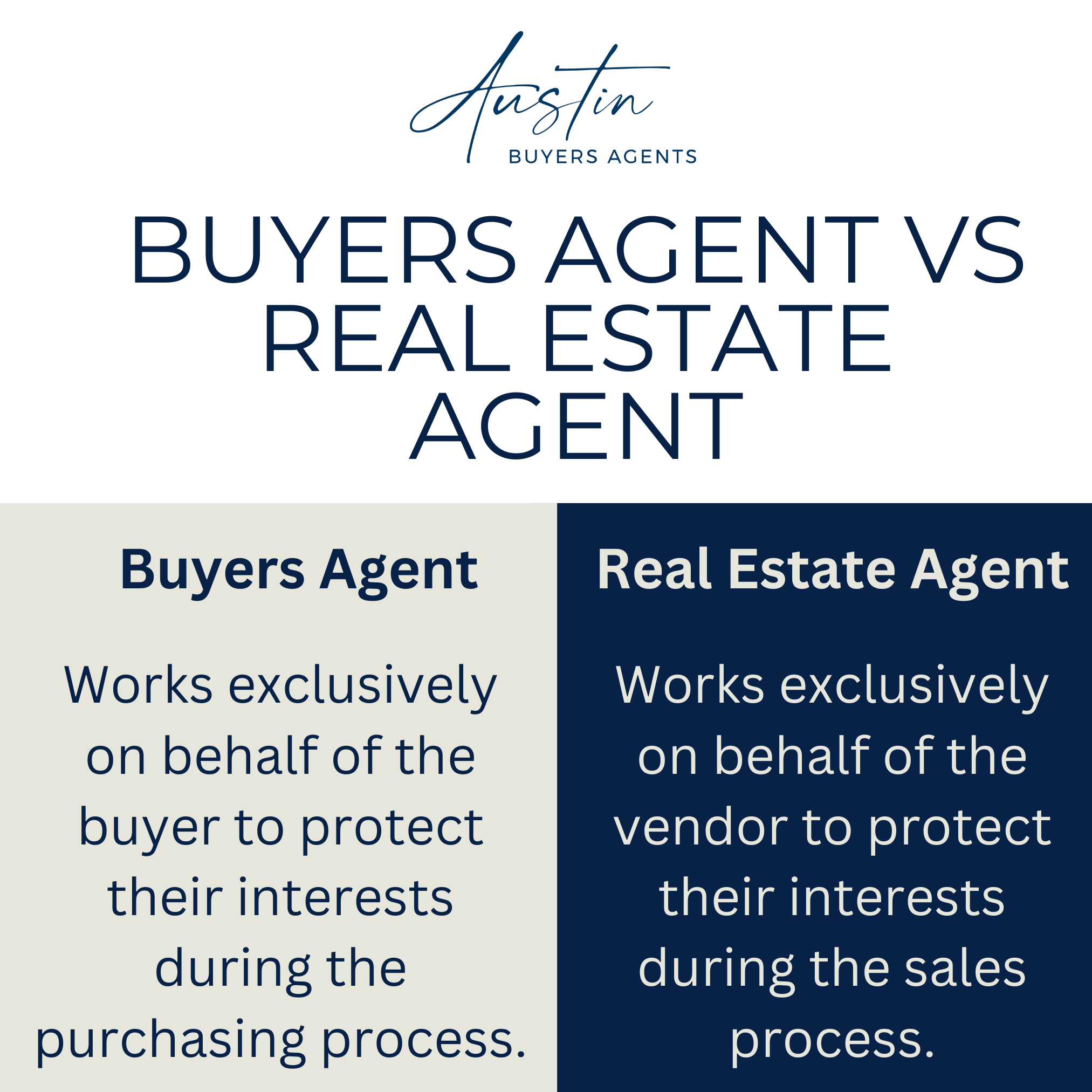Real Estate Underquoting
Are you tired of missing the mark when it comes to property prices? It’s a common frustration amongst buyers and one that has sparked a large debate within the real estate industry.
Learn how to spot and prevent underquoting in real estate. Our guide shows you how to understand the signs and steps for real estate success.
Underquoting is when a real estate agent advertises a price lower than the ‘estimated selling price’ of what has been agreed upon in the sales agency agreement with the vendor. The estimated selling price is written into the agency agreement which the vendor signs, this can be subject to increase or decrease throughout the sales campaign.
Underquoting is where a real estate agent deliberately lowers the price guide of a property. This is done to lure in more potential buyers with prices much lower than what the property is expected to sell for. This misleading tactic is sure to waste time, provide false hope and disappointment for buyers.
Understanding What Underquoting is
The term ‘underquoting’ is thrown around a lot by buyers looking to enter the real estate market. It is important to understand that just because a property sells well above the quoted range it does not always mean it was underquoted. It can in actual fact mean there is high demand for a property of that type amongst buyers within the area. The only way to really understand market value is to look at previous sales of similar properties. (This is not always easy and some properties are unique). Eg: If there is a block of apartments and two have sold within that building between $800,000 & $850,000. However, a unit with the exact same floor plan and similar interior is listed for $700,000, that is underquoting.
Does Every Agent Underquote?
No, not every agent underquotes and as stated above, it is importnat to understand exactly what underquoting is. There has been some huge crackdowns earlier this year with numerous fines handed out to real estate agents for underquoting. It is not something every agent does, however it is something a buyers agent can spot from a mile away! My advice, if it looks too good to be true it probably is.
The agents who will not provide any sort of price guide and say they are seeking market feedback and what buyers are saying is total BS. A sales agreement is in place with an amount knowing full well what their appraisal and guide is.
Legal Requirements for Property Listings
The real estate industry is regulated and property listings are subject to various legal requirements. Real estate agents are required to provide accurate and truthful information about the properties they are marketing. Where a price guide is provided, the highest price range cannot exceed the lower price by 10%. Eg: $900,000 – $990,000.
Can the agent promote a listing with ‘offers above?’ No, the agent cannot, this is against the law.
How to Avoid Missing out when Purchasing Real Estate
I know it can be very frustrating when you continuously miss out on property after property. The real estate agent works for the vendor and I know a lot of buyers fall into the category of feeling like the agent is working for them. Remember, friendly doesn’t always mean a friend! I would suggest to consider using a Sydney buyers agent who understand the market and knows what it takes to purchase a superior property. A buyers advocate is able to provide the most recent comparables of properties transacting both on and off market. We will also provide you with an appraisal of each property before offering to ensure that the property is priced accordingly with your budget.
Tactics used when Underquoting
Real estate agents who engage in underquoting often use a range of tactics to mislead buyers. One common method is to set the initial price guide significantly lower than the agent’s own appraisal of the property. This is done to generate a sense of urgency and competition amongst buyers, who are lured in by the low asking price.
Examples of Underquoting
An example of underquoting is when a property was listed with a price range of $800,000 to $880,000. However, the property ends up selling for $1,060,000, significantly higher than the advertised range. The agents usually argue that the higher price was justified due to the property’s unique features, but many buyers feel misled by the initial price guide.
How to Spot Underquoting
An indicator of underquoting is a property that generates a huge number of people through open homes, but ultimately sells for a much higher price than the initial guide. This can suggest that the agent intentionally set the price low to generate interest and competition among buyers.
If you have completed research, looked at the most recent comparables and come to the conclusion that a property seems questionably priced, you are probably right. Sometimes the underquoting can stand out and be very obvious, other times it may be harder to spot.
Book a free discovery call with our Sydney buyers agents to see how we can help secure your next home or investment property or call Luke Bindley directly on 0433 288 947.





